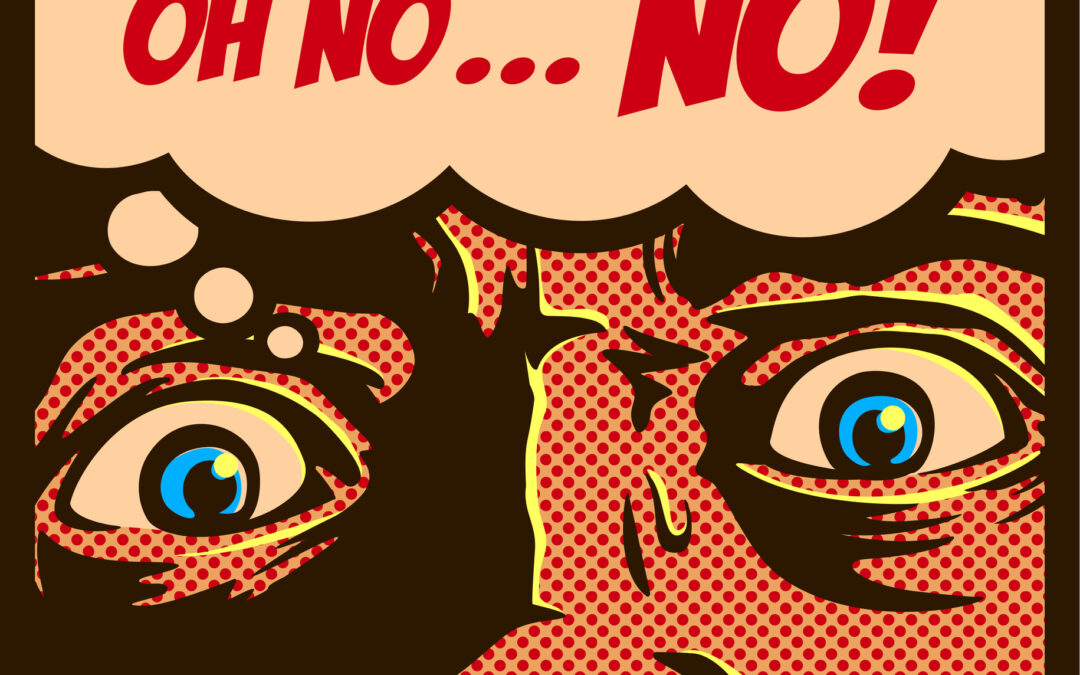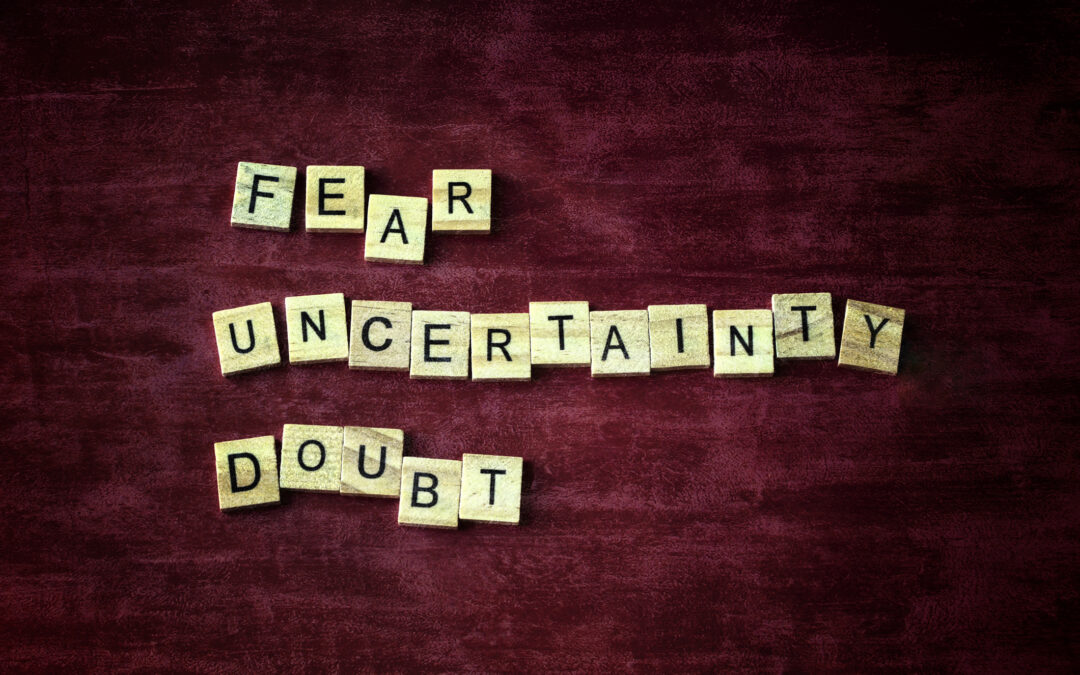Coping with Political Anxiety: How Therapy Can Help
In today’s world, it’s nearly impossible to avoid the constant stream of political news. For many, staying informed is essential—but for others, the weight of political turmoil can become overwhelming, leading to anxiety, despair, and even hopelessness. This is especially true for those in marginalized communities, including LGBTQ+ individuals, immigrants, disabled folks, and people of color, who often bear the brunt of policy changes and public debates that directly impact their rights and well-being.
At Star Meadow Counseling, we understand how political anxiety can take a toll on your mental health. Our therapists offer a compassionate, affirming space to process these emotions and find ways to move forward in alignment with your values. One evidence-based approach we use is Acceptance and Commitment Therapy (ACT), which provides tools for managing distress while fostering meaningful action.
Understanding Political Anxiety
Political anxiety can manifest in many ways, including:
- Racing thoughts and worry about the future
- Anger or frustration over injustices
- Feelings of helplessness or despair
- Burnout or exhaustion from activism or constant engagement with the news
- Avoidance or numbing as a way to cope
These reactions are understandable. Many people feel like they have to choose between staying informed and protecting their mental health. The good news is that therapy can help you find balance.
How ACT Therapy Can Help
Acceptance and Commitment Therapy (ACT) offers strategies to help people navigate political anxiety without becoming overwhelmed by it. Some key ACT principles we integrate into counseling include:
1. Accepting Your Emotions (Instead of Fighting Them)
It’s natural to feel anger, fear, grief, or exhaustion in response to political events. Rather than suppressing these feelings, ACT encourages you to acknowledge them without judgment. Through mindfulness and self-compassion, you can create space for these emotions without letting them control you.
2. Defusing from Overwhelming Thoughts
When political anxiety takes hold, it can feel like your thoughts are running the show. ACT teaches cognitive defusion techniques—such as naming thoughts (“I’m having the thought that…”) or visualizing them as leaves floating down a stream. These practices help create distance from distressing narratives so they don’t dictate your mood or actions.
3. Clarifying Your Values
Political anxiety often arises from deeply held values—justice, equality, community, safety. Rather than being paralyzed by fear, ACT helps you reconnect with what truly matters to you and find ways to live out those values in everyday life.
4. Taking Committed Action
You don’t have to do everything, but you can do something. Whether that’s setting healthy boundaries around news consumption, engaging in advocacy in ways that feel sustainable, or fostering connection with your community, ACT helps you take meaningful action that aligns with your values—without burning out.
A Space for Healing and Empowerment
At Star Meadow Counseling, we recognize that political anxiety is not just an individual struggle—it’s deeply connected to systemic issues that impact people’s lives. We hold space for the anger, grief, and exhaustion that come with living in uncertain times, especially for LGBTQ+ individuals, immigrants, and other marginalized groups who experience these stressors more acutely.
If you’re struggling with political anxiety, you don’t have to navigate it alone. We’re here to support you in finding balance, reclaiming your peace, and taking action in ways that feel right for you.
👉 If you’d like to work with a therapist who understands the intersection of mental health and social justice, contact us today.

3 Unconventional Ways to Stop a Panic Attack
Panic attacks feel different for everyone, but typically include sensations like a pounding heart, sweating, a feeling of terror, constricted or rapid breathing, and feeling as though the room is closing in on you or spinning. Regardless of how they present, a...

Deep Breathing: Why Do It?
If you have ever felt frustrated by being told to just "take a deep breath" when you are feeling angry or anxious, you aren't alone. It's difficult to heed this advice when, in the moment, the mind and body are distracted or dysregulated. The adage of "just breathe"...

The 12 Best Mental Health Apps
Modern technology can be an amazing supplement to professional counseling. Check out these 12 Apps that come recommended for recovery from depression, eating disorders, PTSD, insomnia, and anxiety. DEPRESSION RECOVERY APPS 1. TalkLife (online support tool)...

7 Skills to Try When You Feel “Overwhelmed”
Have you ever felt completely overcome by an intense emotions? Have feelings at times felt challenging to manage and overcome? The experience of being “overwhelmed” is uncomfortable and impactful in your life at work, home, or school. Defining "Overwhelm" Emotional...

Exposure and Response Prevention for Effective OCD Treatment
Exposure and Response Prevention (ERP) is a form of Cognitive Behavioral Therapy (CBT) that involves purposefully exposing yourself to feared stimuli or situations in order to learn a new way of responding to them. If you struggle with OCD, this explanation of...

